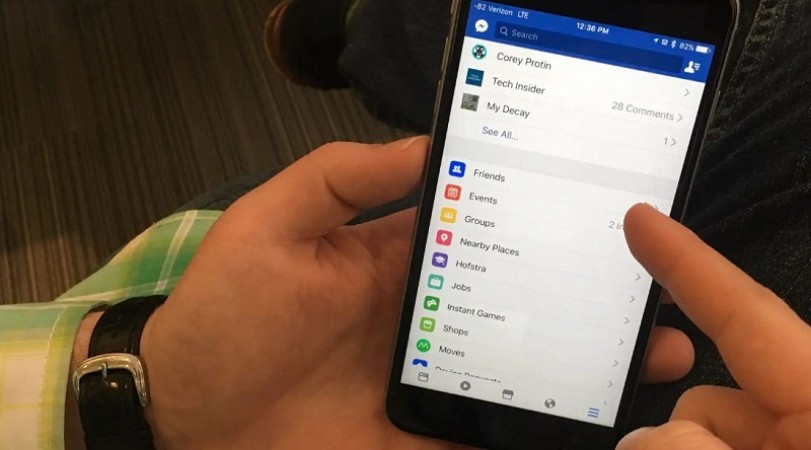
In today’s tech-driven world, our reliance on digital devices is ever-growing. While these gadgets make life more convenient, they also come with hidden risks, one of which is digital dementia. This condition is becoming increasingly common as people of all ages spend more time on smartphones, tablets, and computers.
Digital dementia is a term used to describe the cognitive decline associated with the overuse of digital devices. It can manifest in various ways, such as memory lapses, difficulty concentrating, and reduced learning capabilities. The condition mirrors the symptoms of dementia, albeit induced by excessive screen time rather than aging or neurodegenerative diseases.
The constant bombardment of information from digital devices can overwhelm the brain, making it harder to process and retain information. This can lead to a decline in cognitive functions, affecting not just memory but also critical thinking and problem-solving skills.
Beyond cognitive decline, digital dementia can also take a toll on mental health. The excessive use of digital devices is often linked to sleep disorders, as the blue light emitted by screens can interfere with the body’s natural sleep-wake cycle. Poor sleep quality, in turn, can contribute to issues like anxiety and depression, creating a vicious cycle that further exacerbates the problem.
Additionally, the constant connectivity provided by digital devices can lead to information overload, which may cause stress and anxiety. The pressure to stay connected and updated with the latest news or social media trends can be mentally exhausting, leading to feelings of burnout.
While the effects of digital dementia are concerning, there are steps you can take to protect your cognitive health and prevent this condition from taking hold:
Digital dementia is a growing concern in our increasingly digital world, but with conscious effort, it can be prevented. By being mindful of our digital habits, engaging in offline activities, and prioritizing our mental and physical health, we can protect ourselves from the cognitive decline associated with excessive screen time. Remember, it’s all about balance—embracing technology while also taking care of our brains.